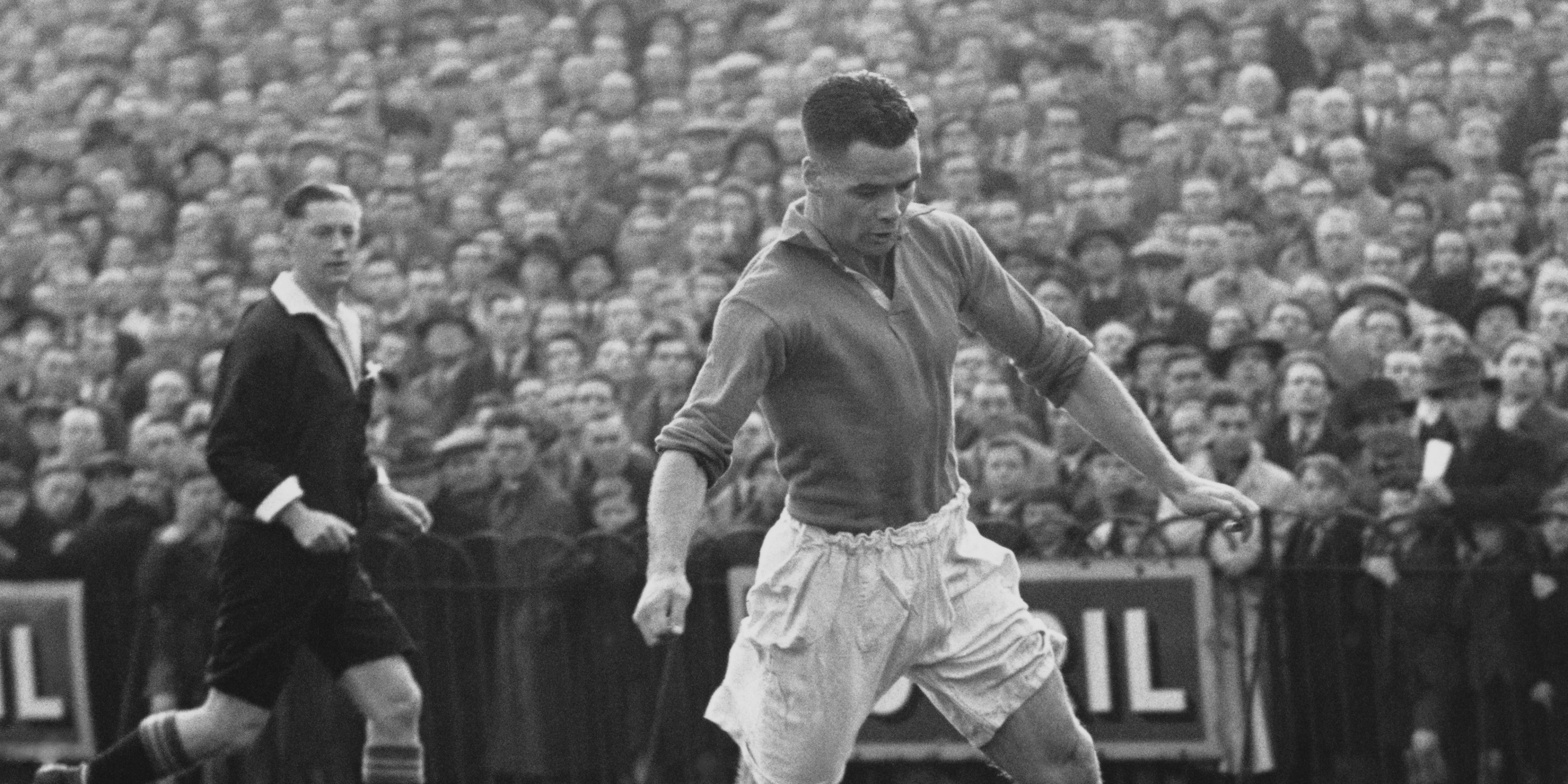In a world where Jurgen Klopp is Liverpool manager and presides over a star-studded squad featuring the likes of world-class attacker, Mohamed Salah, and Alan Hansen regen, Virgil van Dijk, it might seem strange to some to focus on the story of a man who last kicked a, then, leather ball in the famous red shirt 60 years ago.
Indeed, when discussing Billy Liddell, we are not reminiscing about one of the great Liverpool sides but rather an objectively poor and disappointing era in the club’s long history.
“Billy was painfully unlucky to not be part of the better teams that followed and went on to achieve reams of domestic and European medals. Instead, he made his legacy in the worst Liverpool team in history.”
Is it possible for Klopp’s men to be clearer polar opposites?
It is precisely for the reason that Liverpool have been gifted with the glorious trifecta of a once in a generation manager, a world-class squad and the reality of silverware that we must, as Peter Kenny Jones established within Liddell at One Hundred, visit the demons of the pre-Bill Shankly era.
Things weren’t all bad, of course; under the leadership of George Kay, the Merseyside-based outfit did go on to win a league title in the 1946/47 campaign before later falling foul of relegation to set the scene for Shankly’s future revival.
Despite popular opinion, as the author notes, Liverpool’s story does not begin with Bill Shankly. That’s not to undermine the boisterous Scot, nor his significance with regard to the club’s renaissance from the early 60s onwards. Rather, it’s to highlight how another man’s legacy has, albeit unintentionally, been undermined by the passage of time and the increasing inception of younger generations of fans worshipping modern heroes.
But what exactly is the point of trudging up old, second-hand memories of a footballer whose time with the club, from a cursory glance, appears inherently tragic?
Billy certainly didn’t view his career with the aid of such a critical lens, but the first answer that comes to mind is perhaps best served by one of the former Scottish international’s old Liverpool teammates, Billy Howard: “He was the one constant that kept LFC at the forefront of English football all through our lean times in the 1950s.”
The fact that Billy Liddell managed to receive call-ups to the Scottish national side despite plying his trade in England’s Second Division (a rather rare occurrence) certainly speaks volumes of his significance within the sport and to Merseyside.
The fact he was a tremendous servant to the game and club – by many accounts, a name that deserves to at least be held on par with Kenny Dalglish and Steven Gerrard’s – is far too obvious and limiting an answer to commit to, of course, though certainly worth considering as part of his overall legacy.
In interviews, Jones made it clear that he did not wish his book to be perceived as simply a love letter to Billy’s playing days. Make no mistake though, a more than clear indication is provided in terms of the quality and calibre of the player prior to, during and after the second World War, but not at the cost of a detailed portrait of the man behind the wicked shooting ability and the Kop’s adulation.
Though we are invited to express admiration for the Liverpool icon’s devotion to his family, the community and his Scottish roots, this isn’t an image of a truly ‘perfect’ man – despite the many accounts within from former colleagues devoted to convincing us otherwise!
That’s not to sound haughty, of course, as perfection is objectively unattainable. However, it is to raise attention to the humanity of an icon whose family life suffered slightly at the hands of Billy’s inability to strike an ideal work-life balance.
Much as some may be keen to return to the ‘so what’ question, we’re reminded of the impact of Billy Liddell’s legacy, keeping Liverpool, both the club and city, relevant and on the map.
Long after Jurgen Klopp has retired and the likes of Mohamed Salah and Virgil van Dijk have moved on, footage will keep alive what word of mouth can only do so much to replicate. As such, one can’t overlook the importance of the written recollections of Billy Liddell’s contributions in keeping Liverpool relevant in a fashion none too dissimilar (though, dare I say, under more challenging conditions) to Steven Gerrard’s captaincy of the club. Effectively laying down the foundations for a later change in fortunes.
We’ve mostly recollections, a banner on the Kop and a bench outside Anfield to remember a man so gifted fans called Liverpool ‘Liddellpool’.
Rather than instilling within us all a clearer sense of the significance of one of the three true greats of the club (in the eyes of many), perhaps Jones’ best achievement is to reinforce the importance of the present whilst correcting the mistakes of the past.
“There are too many examples in football and in life of posthumous appreciation for significant individuals who should have been celebrated when they were alive. Maybe in contradiction to writing a book and celebrating the 100th birthday of a man who is no longer alive, too much is done after people die, which could have been done when they were able to witness it first-hand.”
In essence, then, Peter Kenny Jones’ debut stands for so much more than simply honouring Billy Liddell’s legacy – Liverpool’s perfect man at an entirely imperfect time.
All quotes obtained first hand by the author. Billy Liddell at One Hundred is available now.
